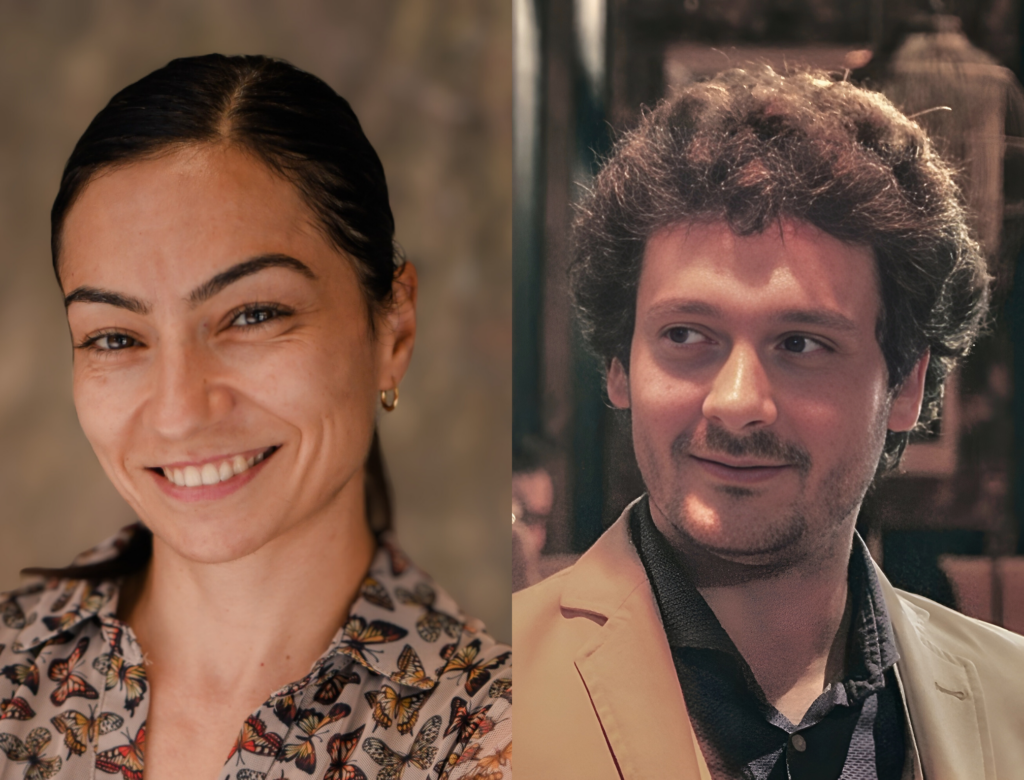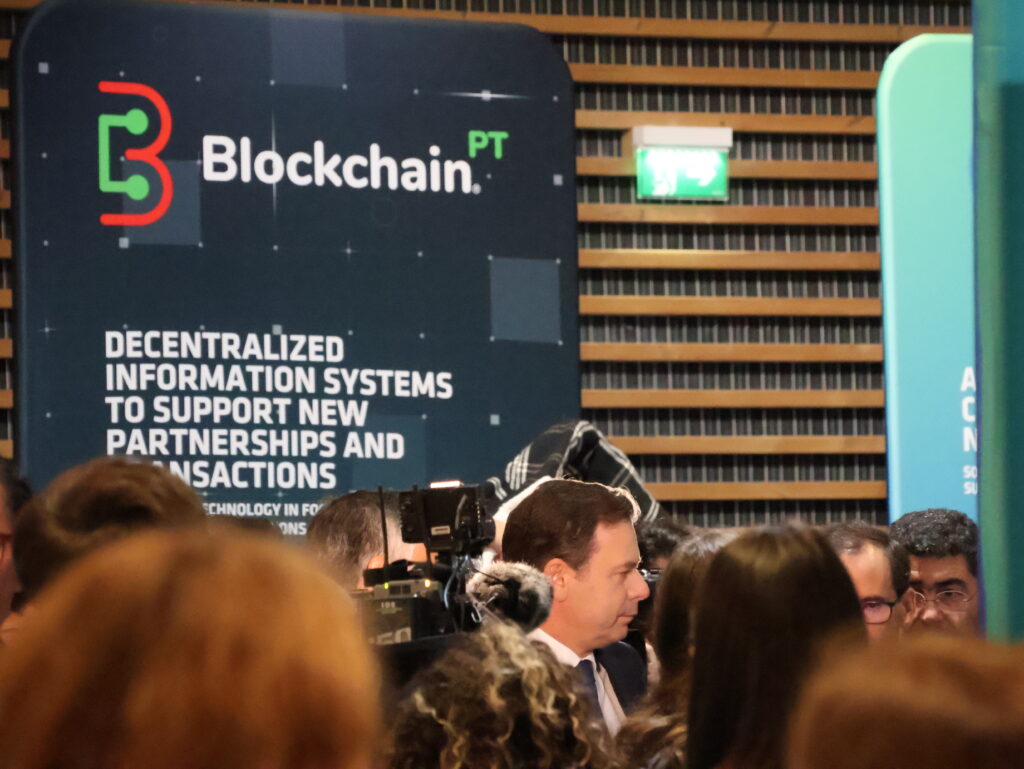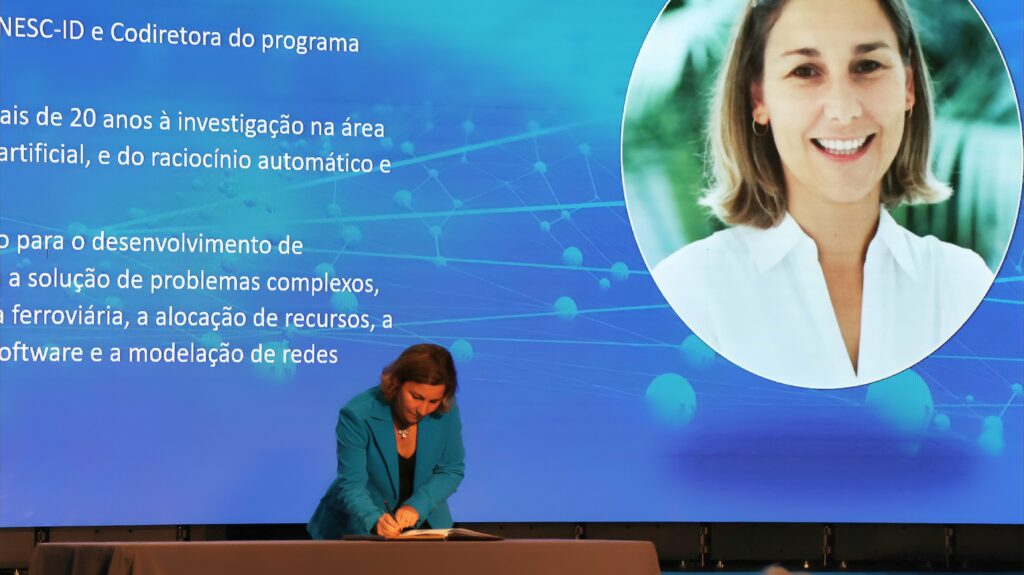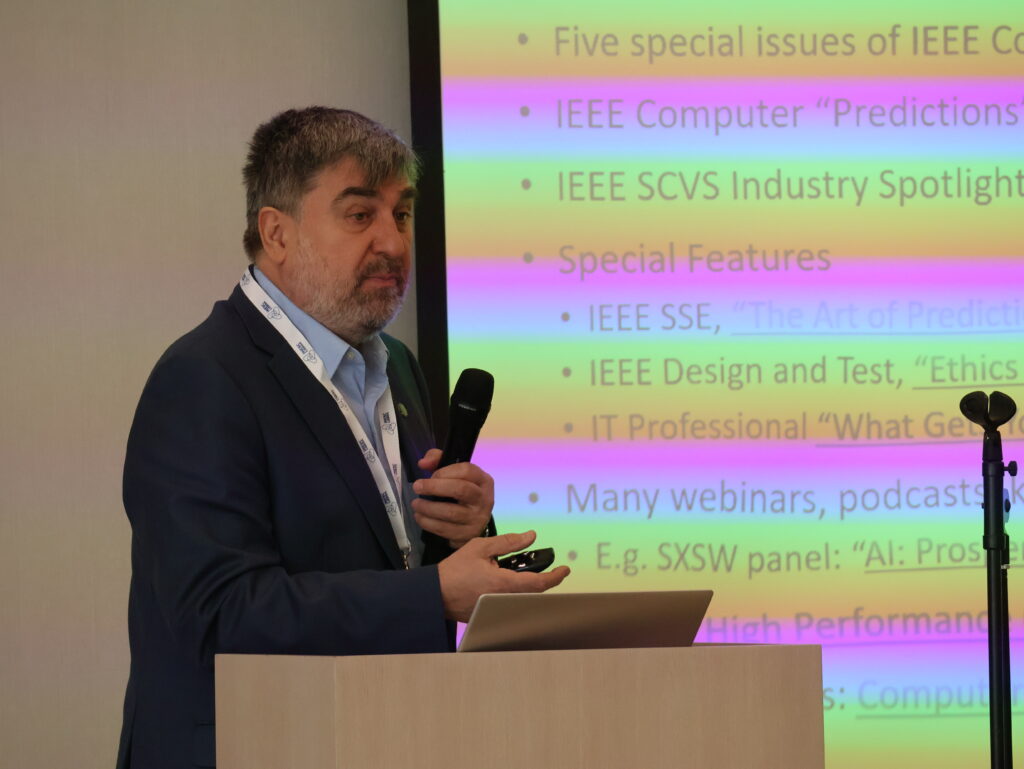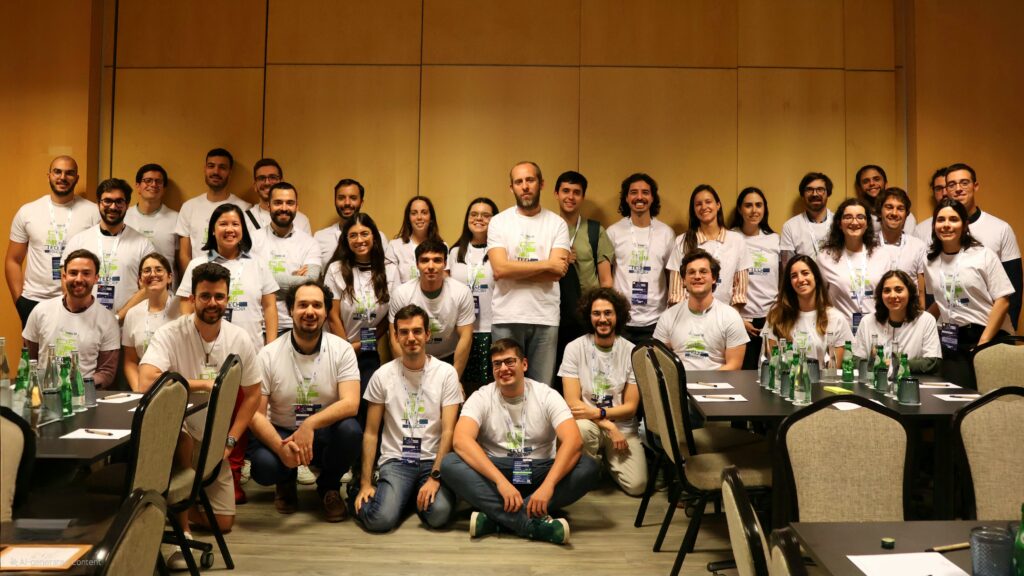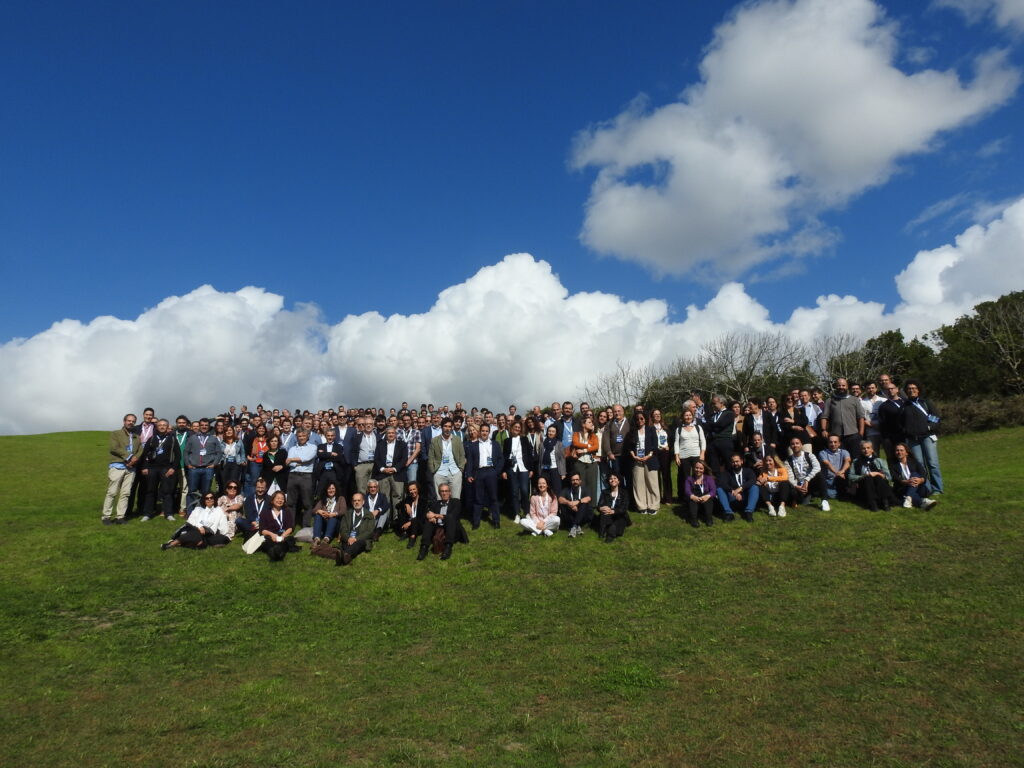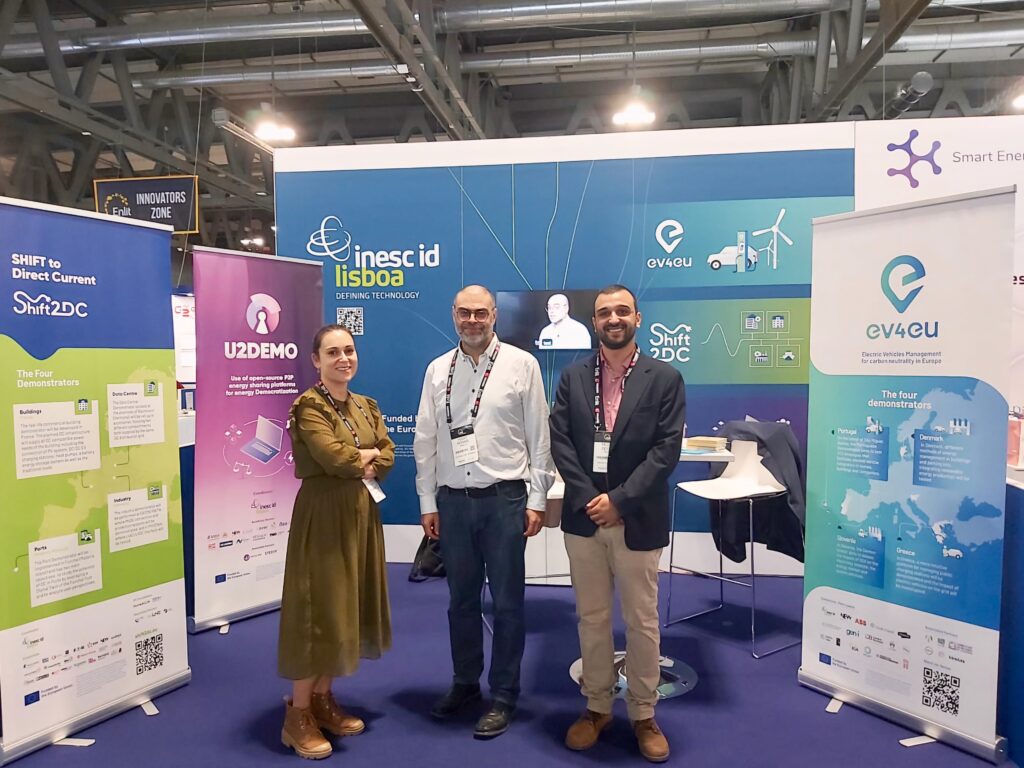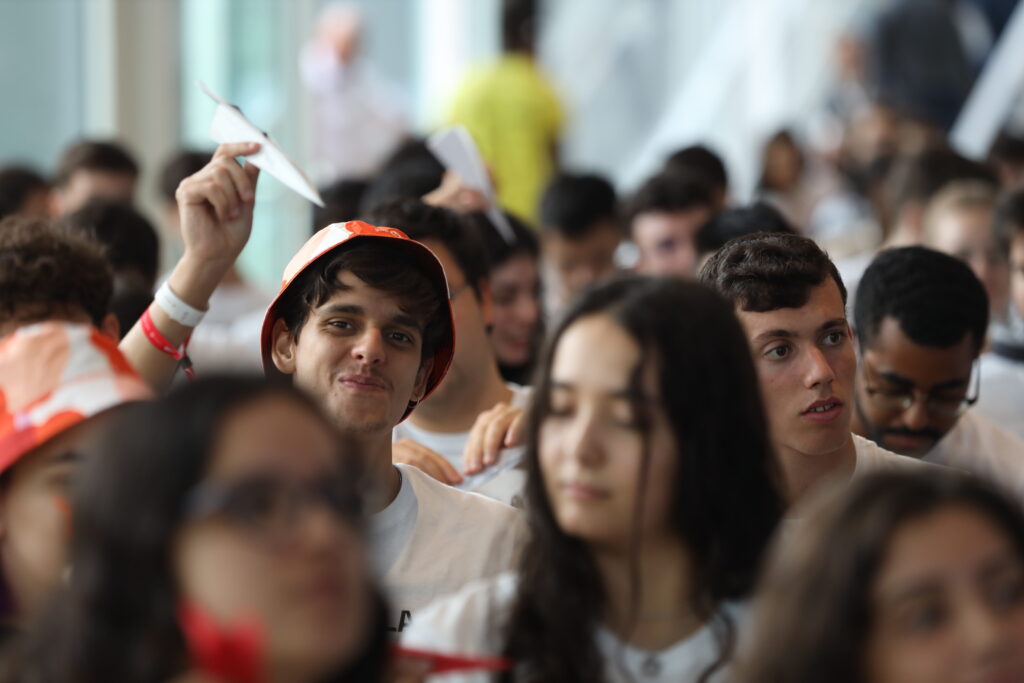Ruxandra Barbulescu and Alessandro Gianola recognized with the Outstanding PC Member Award at ECAI 2024
On October 24, INESC-ID researchers Ruxandra Barbulescu and Alessandro Gianola were hounored with the Outstanding PC Member Award at the 27th European Conference on Artificial Intelligence (ECAI 2024). ECAI is the premier conference in the field of Artificial Intelligence in Europe, and the Outstanding PC…
INESC-ID’s PRR projects on display at Técnico Innovation Summit
A robot dog greeted visitors at the Técnico Innovation Summit, drawing a heart in the air with its front paws. It charmed everyone, and the research team behind the Sustainable Stoneby Portugal project looked on proudly at their “pet.” The first edition of the Técnico…
Bridging Knowledge and Innovation: Inês Lynce joins the National Council for Science, Technology, and Innovation
Carlos Oliveira, Adélio Mendes, Amélia Santos… Inês Lynce. INESC-ID’s President became the ninth figure in science, technology, and innovation to be called to the stage at the Técnico Innovation Centre on the afternoon of November 5. In a ceremony attended by the Prime Minister of…
INESC Lisboa Annual Meeting keynote speaker, Dejan Milojicic, on Technology Megatrends and the role of AI as an equalizer
It took Dejan Milojicic more than twenty years to understand the way of life in the United States. “Now I am at peace”, he shares, before delivering the keynote lecture at INESC Lisboa Annual Meeting. For the last 15 years, the HPE Fellow and VP,…
A Community in the Making: sharing challenges and building solutions at the 1st INESC-ID PhD Students Annual Meeting
Beginnings often carry symbolic meaning. October 25 marked a memorable moment for INESC-ID’s PhD students with the holding of the first official PhD Students Annual Meeting, bringing together around 40 PhD students from 10 different Scientific Areas, across two campuses of INESC-ID. The special event…
INESC Lisboa Annual Meeting: A Day of Reflection, Recognition, and Future Directions in Research
“It is an important event for the entire community, especially for young researchers. An opportunity to think about things we don’t usually consider,” said Arlindo Oliveira, INESC-ID researcher and President of INESC, at the closing session of the INESC Lisboa meeting, held on Friday, October…
INESC-ID powers up Enlit Europe with three innovative Horizon Europe projects in energy and mobility
INESC-ID made a strong impact at the 2024 edition of Enlit Europe, one of the leading energy conferences and exhibitions in Europe, proudly showcasing the Horizon Europe projects EV4EU, Shift2DC, and U2Demo. This year’s event, held from October 22 to 24 in Milan, set a…
“Only with investment can we build more resilient infrastructures ready for the increasing number of cyberattacks”
In light of the recent cyberattacks on the Agência para a Modernização Administrativa (AMA), we spoke with INESC-ID researcher Ricardo Chaves, from High-performance Computing Architectures and Systems. Cyberattacks are becoming increasingly frequent, as was the case with the attack on AMA. Why is that?Cyberattacks are…
Inês Lynce reflects about the importance of a comprehensive education the Impact of research and the future of AI
In a recent interview for the supplement Dinheiro Vivo (part of Diário de Notícias), INESC-ID President, Inês Lynce, highlighted crucial topics regarding student education and the societal impact of scientific research. One of the key points discussed was the importance of a well-rounded education that…
How to achieve a Guinness World Record: the backstage of the largest programming lesson
A line spiralling around the building of the Técnico Innovation Center (TIC), at eight in the morning of an otherwise lazy Saturday, was a good hint that we were about to experience something we had never seen before. Something worthy of the Guinness World Records….

